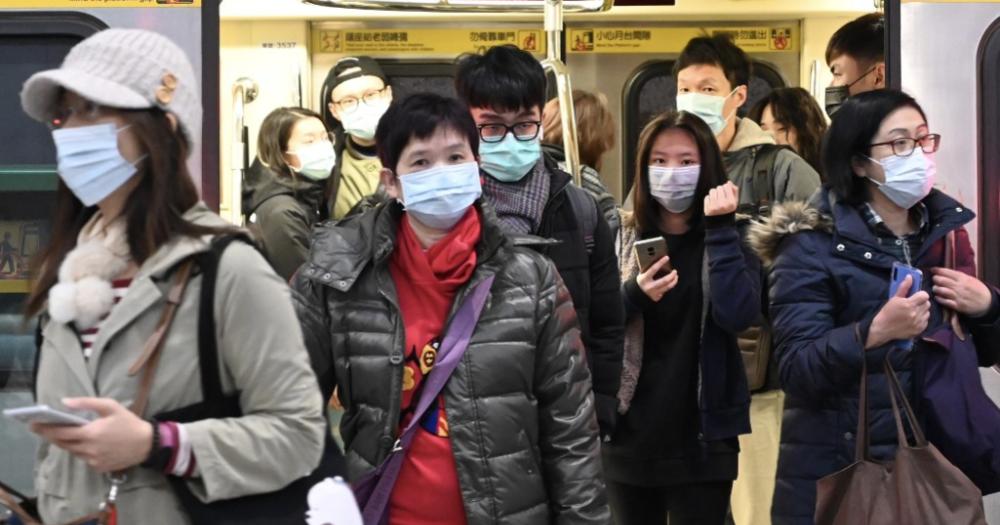Follow us on Telegram for the latest updates: https://t.me/mothershipsg
Local governments in Taiwan reported a total of 135 cases of out-of-hospital cardiac arrest (OHCA) over the weekend, from Dec. 17 to Dec. 18, Mirror Media reported.
The outpatients are from the age of 17 to 96 years old.
It is not confirmed whether all of the cases were caused by the cold weather, although Dong-a Ilbo reported 99 non-traumatic deaths from hypothermia in Taiwan on Tuesday (Dec. 20).
Authorities are currently investigating if these cases are connected to the cold wave.
Cold weather
News of the first cold wave was reported on Friday (Dec. 16), and the temperature was expected to dip to as low as 5 degrees celsius.
1st cold wave of winter hits Taiwan Friday night, low of 5 C by Sunday https://t.co/bYMWPtOBth pic.twitter.com/6cgDyYj2NC
— Taiwan News (@TaiwanNews886) December 16, 2022
On Dec. 18, Taiwan's Central Weather Service reported that it is possible for temperatures throughout Taiwan to reach below 10 degrees celsius, and temperatures in Northern Taiwan could even dip to below 6 degrees celsius.
Due to the low temperatures, snowfall was observed on Wuling peak for about 10 minutes on Sunday (Dec. 18), Taipei Times reported.
Some people had camped at the top of the mountain overnight to catch sight of the snow, as it is a rare occurrence in Taiwan.
A similar sight was observed at Taiping mountain over the weekend, as visitors filled their guest houses to observe the snow, according to Liberty Times.
The temperature in the area had dropped from 5 degrees celsius in the morning to 0 degrees celsius at 6pm.
Precautions needs to be taken
Lin Wei-we, director of the Department of Cardiology and Cardiac Catheterization at Taiwan Adventist Hospital Cardiologist, told ETtoday that precautions should be taken due to the cold temperatures.
He pointed out that the elderly, those with cardiovascular and cerebrovascular diseases, and those with high blood pressure, high blood sugar, and high cholesterol, should take extra caution against the cold wave.
Sudden exposure to cold temperatures could cause people in these groups to experience increased blood pressure and rapid heartbeat that can lead to cardiovascular and cerebrovascular diseases, such as stroke.
Lin advised people in these groups to warm their bodies through simple bed exercises before they get up from bed and be exposed to the cold air, and drink plenty of warm water.
Top image via Getty Images.
If you like what you read, follow us on Facebook, Instagram, Twitter and Telegram to get the latest updates.
